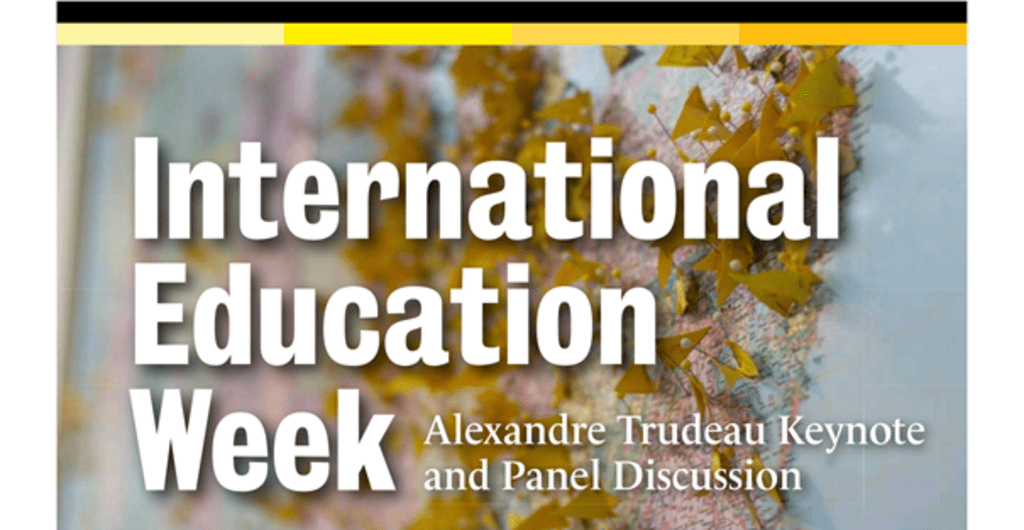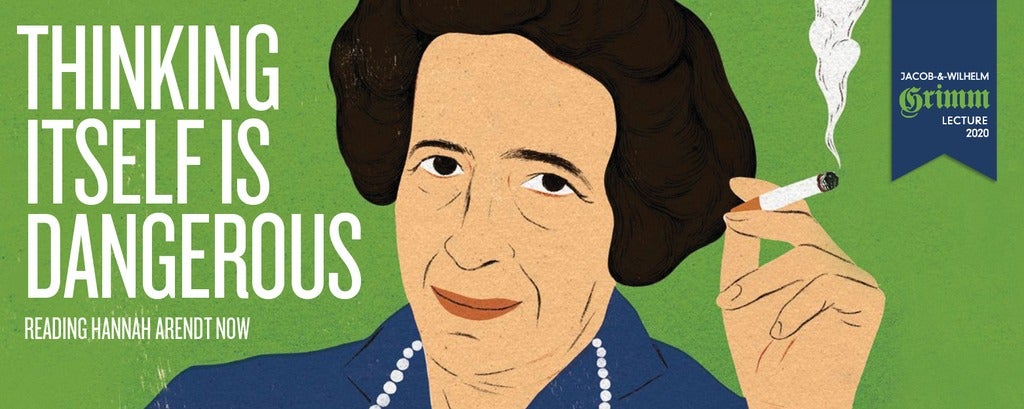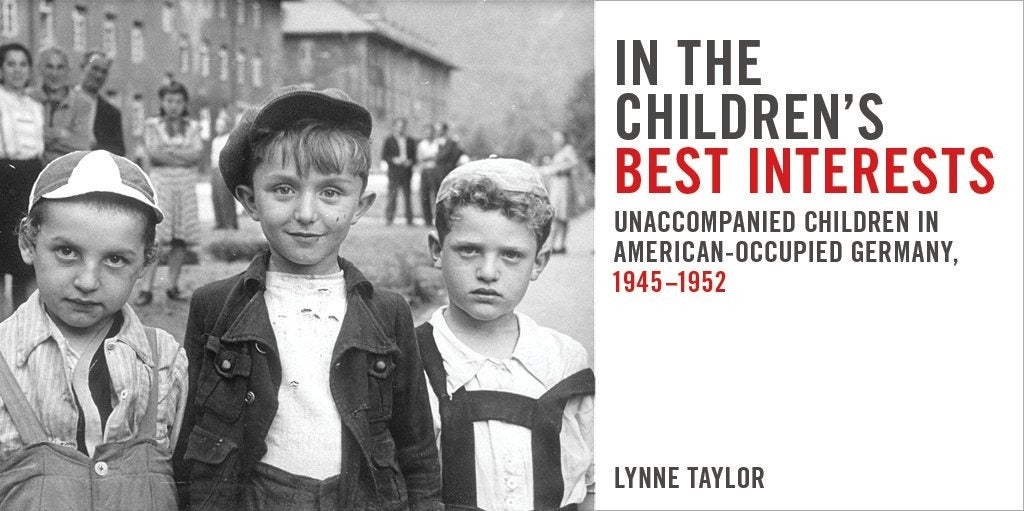Lecture
Anjeana Hans
From Vienna to Hollywood: Independent Films, Exile, and the Shaping of Hollywood Genre
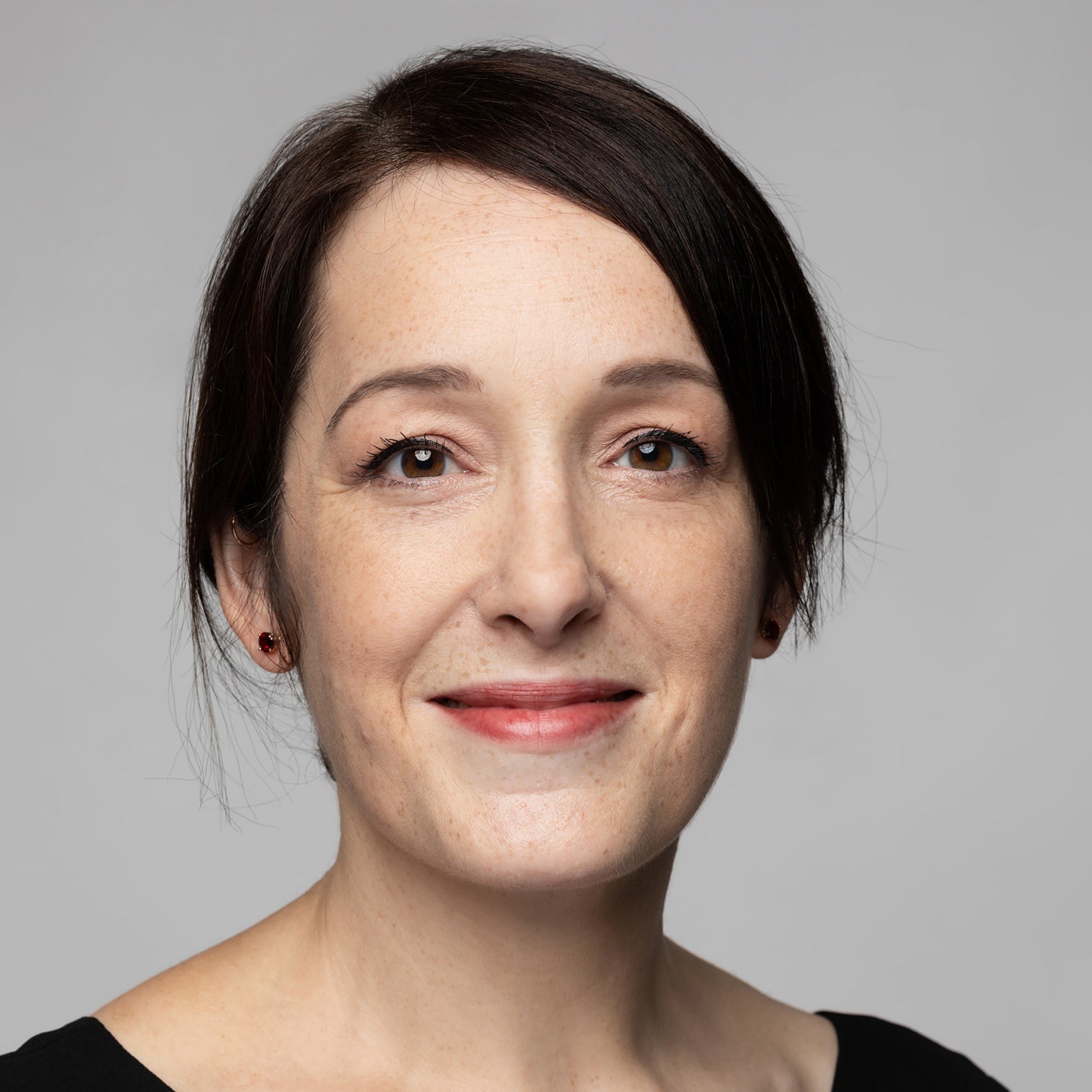
When the Nazis rose to power in Germany in 1933, they instituted laws that systematically excluded Jewish Germans from cultural and social life and thus marked the start of a wave of forced immigration. Many filmmakers, writers, and actors forced into exile initially went to Austria, where they were able to produce independent films until the Anschluss of 1938. This talk focuses on director Henry Koster, who began his career in Berlin, made several independent films while in exile in Austria, and finally reached Hollywood, where he was one of a fairly small number of exile directors to build a truly successful career. By tracing continuities across his work, I will consider how Koster’s Austrian independent films, which were marked indelibly by the experience of exile, shaped his later work and contributed to the development of Hollywood genres.
Part of The Diefenbaker Lectures, a series of talks by leading scholars in German studies.
Anjeana Hans is Professor and Chair of German Studies at Wellesley College.
If you wish to attend, please register at Eventbrite - there's a reception after the lecture, and we want to make sure everyone gets something to eat and drink!
Hannah Eldridge
The (Germanophone) Poem and the (Connected) World
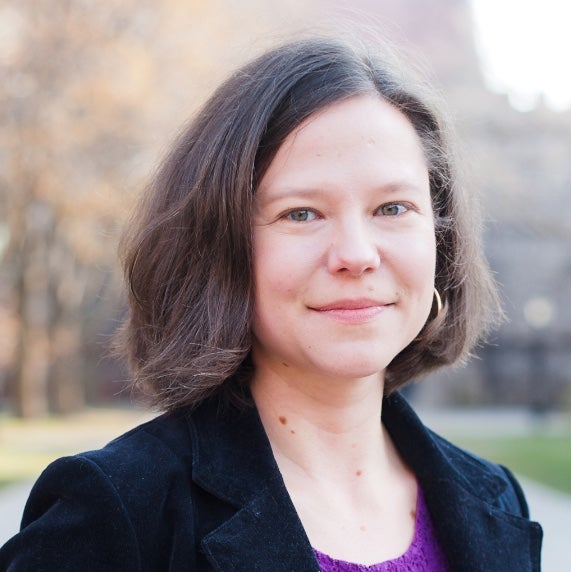
I bring discussions of lyric poetry and its affordances together with thinking about race and identity, specifically through postcolonial theory and poetics. Drawing on Édouard Glissant’s conception of “Relation” as multidirectional and dynamic interconnection, I trace paths from Rainer Maria Rilke in Paris to Algeria, Sudan, and the Caribbean. In doing so, I aim to re-think the canon and the margins of German poetry as porous and open to contestation. This means both expanding definitions of “Germanness” and setting Germanophone and other language texts into relation, tracking routes of mutual strangeness and influence.
Part of The Diefenbaker Lectures, a series of talks by leading scholars in German studies.
Hannah Eldridge is Professor of German at the University of Wisconsin-Madison where she also edits the scholarly journal Monatshefte.
Please register at Eventbrite - there's a reception after the lecture, and we want to make sure everyone gets something to eat and drink!
Priscilla Layne
Swiss Postcolonial Literature? Reading Martin Dean's Meine Väter (2003) Through Trauma, Mutism, and Third Space
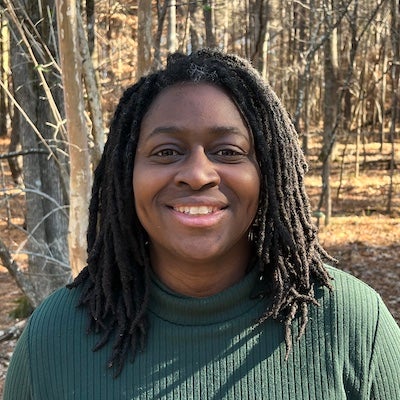
Martin Dean’s novel Meine Väter (“My Fathers,” 2003) follows Robert, a Swiss man of Indo-Trinidadian origin, whose daughter’s birth triggers an existential crisis over his uncertain identity. Raised by his Swiss mother and Indo-Trinidadian stepfather, Robert seeks answers from his biological father, Ray. Yet when he finally finds Ray in London, living in a nursing home and mute following a racist attack, Robert’s search becomes an exploration of absence rather than revelation. Robert and his father’s subsequent journey to Trinidad unfolds as a quest for truth that remains unresolved, fragmented across conflicting accounts from relatives, friends, and cultural artefacts. I argue that Dean’s novel employs psychoanalytic and postcolonial frameworks, in particularly trauma, hybridity, dislocation, and Homi Bhabha’s “third space,” to stage the impossibility of recovery and self-coherence. Ray’s muteness functions as both the bodily trace of colonial violence and an aesthetic “void,” positioning Meine Väter as a compelling example of Swiss postcolonial literature.
Part of The Diefenbaker Lectures, a series of talks by leading scholars in German studies.
Priscilla Layne is Professor of German and Director of the Center for European Studies at the University of North Carolina at Chapel Hill.
If you wish to attend, please register at Eventbrite - there's a reception after the lecture, and we want to make sure everyone gets something to eat and drink!
WCGS Grimm 2020 Lecture - Thinking Itself is Dangerous
Thinking Itself is Dangerous: Reading Hannah Arendt Now
The Social Media Aesthetics of Mobility: Reinhard Kleist’s The Olympic Dream and Comics on Refugee Experience
The Social Media Aesthetics of Mobility: Reinhard Kleist’s The Olympic Dream and Comics on Refugee Experience
In the Children's Best Interests: Unaccompanied Refugee Children in Germany, 1945-1952
WCGS invites one and all to a talk by Lynne Taylor, University of Waterloo professor of History. Dr. Taylor will discuss her latest book, In the Children's Best Interests: Unaccompanied Refugee Children in Germany, 1945-1952.
The Buried Raging Sermons of the Warsaw Ghetto Rabbi
Jews in the Warsaw Ghetto are led to a deportation point sometime between April 19 and May 16, 1943 (Wikimedia Commons)
Corpora of spoken German: ‘Hidden treasures’ and their potential uses
The Waterloo Centre for German Studies and Department of Germanic and Slavic Studies welcome Dr. Silke Reineke of the Leibniz Institute for the German Language (IDS) on Tuesday, October 8th, 2019.
“What makes me a Christian to you, makes you a Jew to me”
"What makes me a Christian to you, makes you a Jew to me”: A Conversation with Birgit Schreyer Duarte, Theatre Director
Originally from Germany, Dr.
- Currently on page 1 1
- Next page
